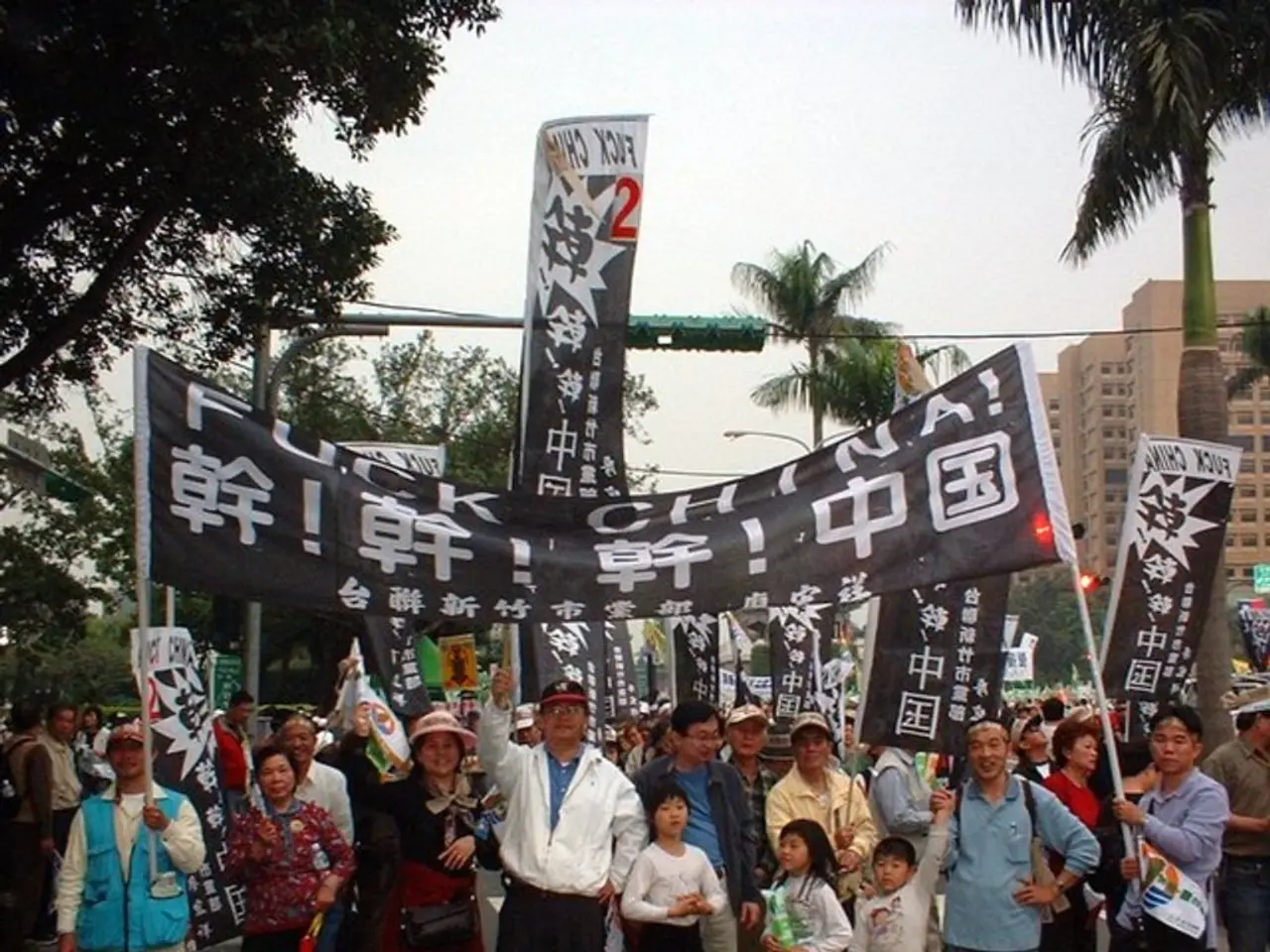Minors transferred to the peninsula by the government deemed a success, yet they voice condemnation over racially offensive artwork
In early August 2025, the Spanish government initiated the transfer of unaccompanied minor asylum seekers from the Canary Islands to state-run centres on the mainland (Peninsula), following a Supreme Court order from March 2025.
The first group of around 10 minors, primarily from Mali and Senegal, were transferred on August 11, with plans to continue transferring approximately 800 into the Peninsula under this mandate; a second group was scheduled for transfer around mid-August.
The transfers were coordinated to alleviate pressure on the Canary Islands, which face a high influx of arrivals, and to comply with the Supreme Court ruling requiring the government to take responsibility for these minors and distribute them more evenly across Spain.
However, the process has been met with political resistance, particularly from some regional governments led by the Popular Party (PP). For instance, the municipality of Pozuelo de Alarcón in Madrid temporarily closed one reception centre, citing urban planning irregularities, which has been interpreted as a pretext to avoid hosting these minors.
The Minister of Inclusion, Social Security and Migration, Elma Saiz, has emphasized the importance of safeguarding the best interests of the minors, repeating twice that they had to remove a Nazi banner calling for the expulsion of these minors. She has also insisted that it is crucial not to forget that we are talking about minors, many of them being children and girls.
The transfers are a response to the political persecution faced by these minors in their home countries, particularly in Mali, where boys and girls are placed in a situation of extreme vulnerability.
The central government and the Canarian government are working together to transfer these asylum-seeking minors, with the initial focus being on using small resources, with more resources to be made available as the weeks go by.
Despite the ongoing political tensions, the Minister has called for cooperation to ensure these children and girls have the opportunity to develop their lives in the country, free from discrimination and prejudice.
The current situation reflects both logistical measures to manage migration pressure and wider societal challenges of integration and combating prejudice towards migrant minors. As the transfers continue, it remains to be seen how effectively these challenges will be addressed.
[1] El Pais, "El Gobierno inicia la transferencia de menores canarios a la Península" (The Government begins the transfer of Canary Island minors to the Peninsula), 11 August 2025. [2] El Mundo, "Las tensiones políticas sobre la transferencia de menores canarios a la Península" (Political tensions over the transfer of Canary Island minors to the Peninsula), 15 August 2025. [3] La Vanguardia, "La oposición del PP a la recepción de menores canarios en algunas regiones" (The opposition of the PP to the reception of Canary Island minors in some regions), 18 August 2025. [4] ABC, "Las irregularidades urbanas como pretexto para evitar la recepción de menores canarios en Pozuelo de Alarcón" (Urban planning irregularities as a pretext to avoid the reception of Canary Island minors in Pozuelo de Alarcón), 20 August 2025. [5] El País, "El Gobierno insiste en la necesidad de combatir la xenofobia y la discriminación contra los menores canarios" (The Government insists on the need to combat xenophobia and discrimination against Canary Island minors), 22 August 2025.
- The political resistance from regional governments, such as the Popular Party (PP), has caused controversy in the distribution of unaccompanied minor asylum seekers from the Canary Islands to state-run centres on the mainland, and this revels a divide in general-news and politics.
- The average number of minors scheduled for transfer to the Peninsula under this mandate is approximately 800, but due to migration politics and local disagreements, the actual number being accepted may deviate significantly from the planned figures, impacting crime-and-justice and social welfare aspects.






